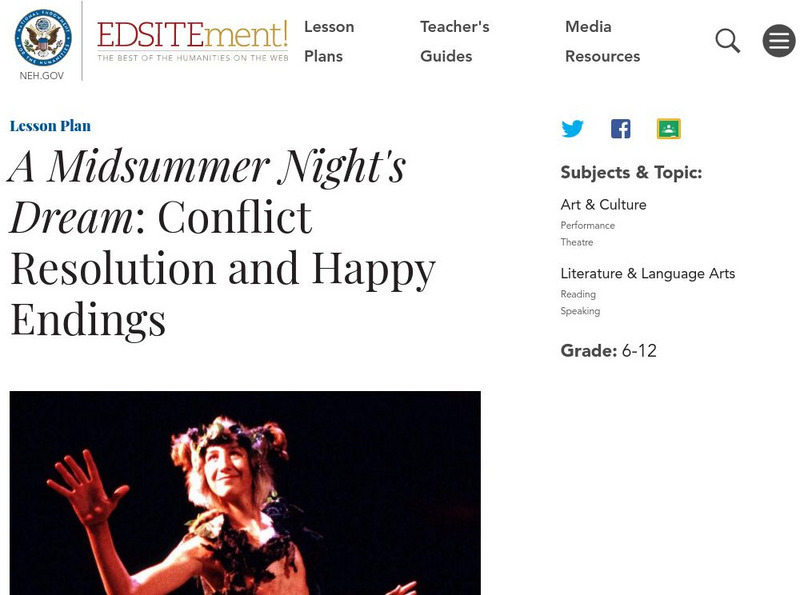EngageNY
Analyzing How Shakespeare’s Play Draws upon Greek Mythology: Part 2
Pupils explore the narrative structure of a piece of literary text, mapping out the plot structure of the Greek myth "Pyramus and Thisbe." Next, they use their completed graphic organizers to write story summaries.
EngageNY
Mid-Unit 2 Assessment: Analyzing Narrative Structure and Author’s Craft: Part 1
Using the resource, scholars complete a mid-unit assessment to gauge their learning at the halfway point of the unit. Pupils read the myth "The Harvest That Never Came" and plot its narrative structure.
EngageNY
Writing an Argument Essay: Planning the Essay
It's time for a quote sandwich! Using the resource, pupils learn about the three parts of an effective quotation: introduction, quote, and analysis. Scholars use the model to peer critique each others' writing to show what they learned.
Curated OER
The Devilish Tinker Bell!
Twelfth graders examine how cultural context impacts interpretation and that there is more than one correct interpretation of text. Students compare Disney's version of Tinker Bell, from Peter Pan to James I's version of a fairy in...
Curated OER
Dropping-in a Line
Students read any play (A Midsummer Night's Dream, for example.) They participate in a teacher-led relaxation exercise designed to help the students review specific lines from the play. They write about the experience and answer other...
Curated OER
"Set Your Heart At Rest" Word Plays
Students read Shakespeare's "A Midsummer Night's Dream." They create a dramatic reading of Titania's monologue in Act II by randomly assigning words of the monologue that are demonstrated using sound and movement, not the actual words. ...
Curated OER
This Was the Noblest Roman of Them All
High schoolers analyze the problems with staging and character using the play Julius Caesar. They summarize the final scene of the play and view film versions of the scene. Additionally, they prepare a promptbook for the final scene and...
Curated OER
Shakespeare Shows
Students study, interpret, perform, and present various Shakespearean works adapted for middle school Students. They choose a scene from one of the plays covered in this teaching unit to reenact with a group.
Curated OER
Shakespeare: The Nature of Writing and the Writing of Nature
This lesson plan uses Shakespeare's writing as a model for elementary students, encouraging them use their imaginations to explore to the evocative powers of language. It gives them a manageable piece of text which they can master and...
Curated OER
Performing Modernized Shakespeare
Students select a piece of text from a play and prepare it for performance to the class based on their modern setting.
Curated OER
Knock, Knock, or Whose Line is it Anyway?
Students compare two versions of Macbeth and participate in improvisational acting. In this improvisational lesson, students read and discuss the text before watching two different versions of the film. Students roleplay...
Curated OER
Bloody Business
Students research word frequencies in Macbeth and create a frozen picture inspired by a word. In this Macbeth lesson, students view Blood Will Have Blood and discuss the dual meaning of the word "blood." Students identify...
Curated OER
Get Thee To Wife!
Learners read and analyze a piece of literature from 1591 to investigate whether Elizabethan fathers were patriarchal dicatators. Students read the passage and answer questions to determine what fathers were like during the late...
Curated OER
TO LOVE, HONOR AND OBEY (ONE'S PARENTS!)
Pupils examine parent-child tensions regarding obedience and communication, in order to explain the conflicts in the opening scene of King Lear. They discuss ways in which expectations for studenT obedience were different in...
Curated OER
Royal Shakespeare Company's New Theatre
Students brainstorm the names of Shakespeare's plays and read an article about a new theatre. They complete worksheets about the plays. In groups, they play a game where they give clues about films or plays and others try to guess the...
Curated OER
Working with Shakespeare, the Poet and Dramatist
Students study the work of William Shakespeare. They survey the elements of comedy and tragedy and read plays and poems. They discuss the texts they read and recite poetry. They dramatize poems with movement and sounds and write poetry...
Curated OER
Pyramus and Thisbe, Page to Stage
Learners read and interpret a script. Then they use higher order thinking skills to transfer information to long term memory. They use the information and interpretations in order to have a model to create dramatic scripts.
Curated OER
The Art of Poetry: The Lunatic, The Lover, and the Poet
Students, in groups, reflect on their attitudes towards poets and poetry. They read excerpts from George Puttenham's The Arte of English Poesie, which was written during Shakespeare's day. They compare their attitudes toward poetry to...
Curated OER
Status Games
Tenth graders, in groups, participate in a simulation activity in which they are assigned a certain "status" role to play in a given situation. After the simulation, they reveal their status roles and discuss what they observed. They...
Curated OER
Puck Meets Leonardo
Students create a puppet of Puck from the story read aloud. Then they identify how they can use the inventions of Leonardo da Vinci to help Puck complete his task. Students also observe the inventions of Leonardo from books and online...
TES Global
Tes: A Midsummer Night's Dream Intro Lesson Shakespeare
[Free Registration/Login Required] This is a comprehensive lesson plan for A Midsummer Night's Dream including various activities, summaries, characters, assignments, and websites to view an animated version of the film.
BBC
Bbc: Shakespeare Unlocked: A Midsummer Night's Dream [Pdf]
A Midsummer Night's Dream Teacher Pack (lesson unit). Shakespeare Unlocked brings Shakespeare's most popular plays to life for young people by showing how actors and directors work to interpret and take ownership of Shakespeare's text....
National Endowment for the Humanities
Neh: Edsit Ement: Shakespeare's a Midsummer Night's Dream: Conflict Resolution
In this lesson plan, students will consider William Shakespeare's A Midsummer Night's Dream: Conflict Resolution and Happy Endings. Worksheets and other supporting materials can be found under the Resources tab. The activities in this...
Varsity Tutors
Varsity Tutors: Web English Teacher: Shakespeare: A Midsummer Night's Dream
Check out this site featuring lesson plans and other teaching ideas for William Shakespeare's "A Midsummer Night's Dream." This site offers several links to informative resources.







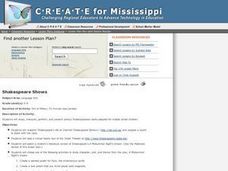
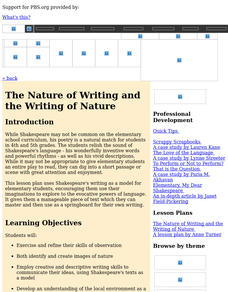

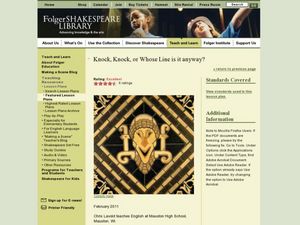
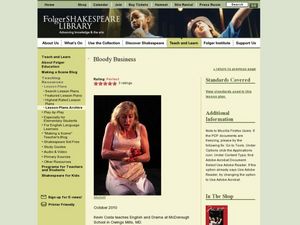


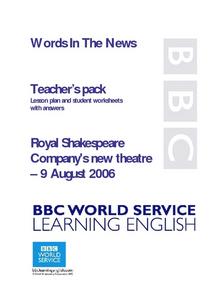

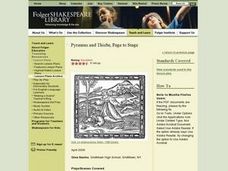


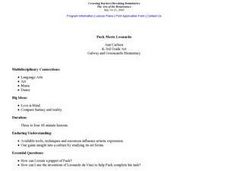

![Bbc: Shakespeare Unlocked: A Midsummer Night's Dream [Pdf] Lesson Plan Bbc: Shakespeare Unlocked: A Midsummer Night's Dream [Pdf] Lesson Plan](http://content.lessonplanet.com/resources/thumbnails/409987/large/bwluav9tywdpy2symdiwmduymc0xnduzos1mdw9teteuanbn.jpg?1589982863)
